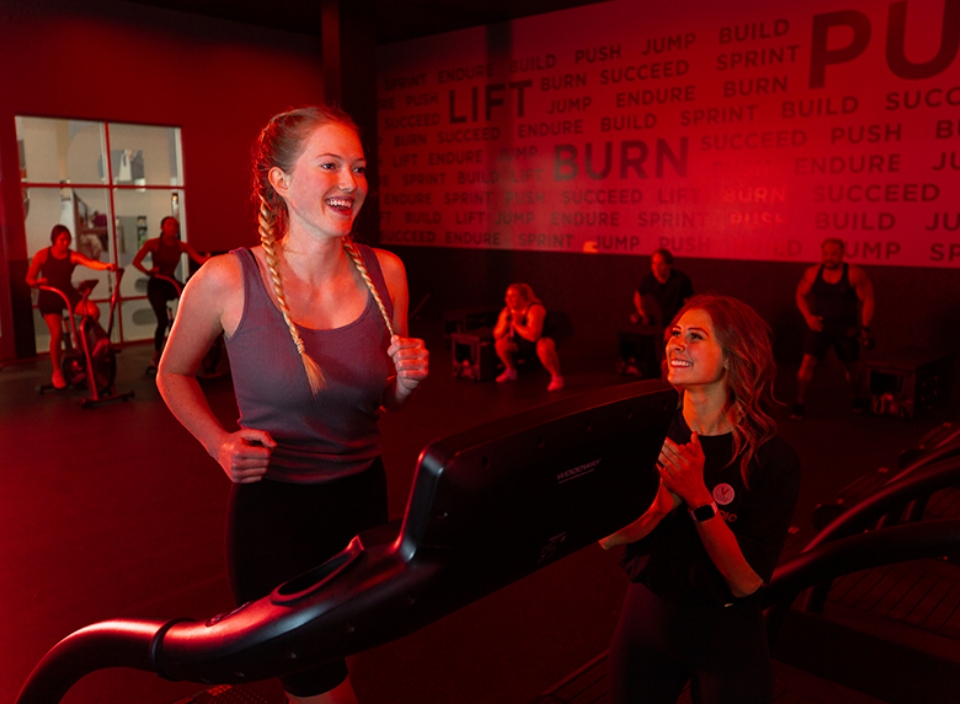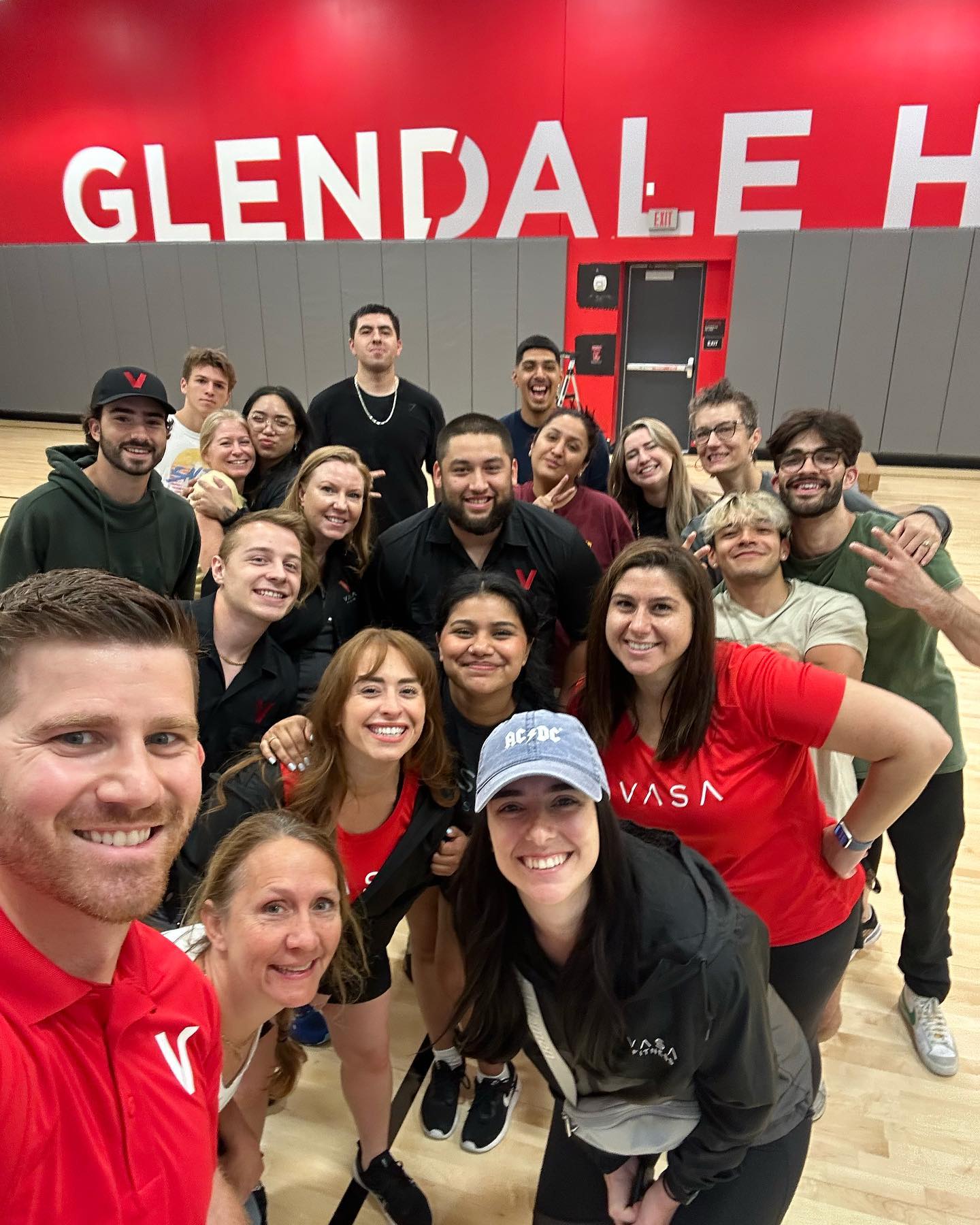Make Exercise Your Healthy Addiction
Have you ever wondered how some people are so disciplined about going to the gym on a regular basis? Having an exercise “addiction” can actually be a good thing because making movement part of your daily routine can help you live a longer, healthier life. The physical, emotional, and mental health benefits of exercise come with days, weeks, and months of consistency. Pushing yourself to the point of injury or burnout is too extreme, but going to the gym or exercising regularly has numerous benefits for physical, mental, and emotional health.
Making Exercise a Habit
Forming a habit is all about building a consistent routine. Think about your normal, day to day routines. When do you have the most free time? When do you have the most energy? If you’re not a morning person, try scheduling a workout during your lunch break or early in the evening. If your evenings are busy with family and social obligations, try fitting a workout in in the morning before you head to work or school.

Tips For Building a Routine
Though building an entirely new routine can seem daunting, it doesn’t need to be. There are a variety of different tips and tricks that can help you incorporate exercise into your regular routine.
- Schedule It In. Whether it’s a solo gym session or a boutique-style fitness class, mark it in your calendar. By making your gym time a structured part of your day, the same way you would a work meeting or class, you are less likely to skip it or schedule over it.
- Set Goals. Write down your exercise goals and look at them daily. Maybe it’s running a faster mile, doing more push-ups, or trying a new exercise. By giving ourselves something to work towards, we can be more motivated to hit the gym.
- Make It Realistic. You don’t need to exercise two hours a day, seven days a week. Moving your body can be something as simple as walking on the treadmill for 20-30 minutes and answering emails or catching up on your favorite show.
- Find Something You Like. There is no “right” way to work out, so choose something you have fun doing. Maybe it’s a group fitness class, swimming, or running outside. Try out a few different forms of exercise before determining what you like best. You will be more motivated to exercise if you can look forward to it.
- Take Rest Days. Taking rest days is important for both the mind and body. Physically, resting once or twice a week gives your muscles time to recover and rebuild, making you stronger. Mentally, taking a day or two off gives you time to refocus and recommit to your goals. Letting yourself rest makes working out more sustainable in the long run.
- Fuel Up. It’s best to eat a light snack before working out, so your body has enough fuel to get you through your workout. Depending on your workout, eating 30 minutes to two hours before a workout will give your body time to digest without feeling full. Great pre-workout snacks include oatmeal, protein shakes, bananas, whole grains, yogurt, fresh fruit, boiled eggs, and smoothies.
- Find a Buddy. Having a friend to go to the gym with can not only make it more fun, but it can hold you more accountable to show up. If you’re feeling unmotivated or want to skip a work out, knowing someone is counting on you to be there can help get you out the door.
- Get a Trainer. Personal trainers are an excellent asset to have when making the gym a part of your routine. They will hold you accountable and will help to guide you. Trainers help you create a workout plan that fits your needs, goals, and fitness level. Having a plan to follow can help you feel more confident and comfortable in a gym environment.
How Long Does It Take For Exercise To Become A Habit?
Breaking old, unproductive habits and forming new, healthy ones can be a difficult task. Studies show the average time it takes to build a habit is 66 days. However, the more realistic answer is that it varies from person to person. For some, it can take as little as 18 days, and for others, it can take upwards of six months. Ultimately, forming a habit depends on your individual personality and mindset. You shouldn’t get discouraged if this new routine doesn’t come easily. Being patient and staying consistent can take you further than you think.
Forming an exercise addiction is less about being attached to the gym and more about making working out a core part of your daily routine. A consistent exercise habit will not only help you see physical results but will also provide many health benefits in the future. Exercising four to five days per week can improve your sleep, heart health, bone health, mood, and even reduce levels of stress and anxiety. For a gym that offers both a supportive fitness community and premium equipment and amenities, check out VASA and start your journey today.

SUBSCRIBE TO OUR BLOG
Enter your email to start receiving our blog emails!









